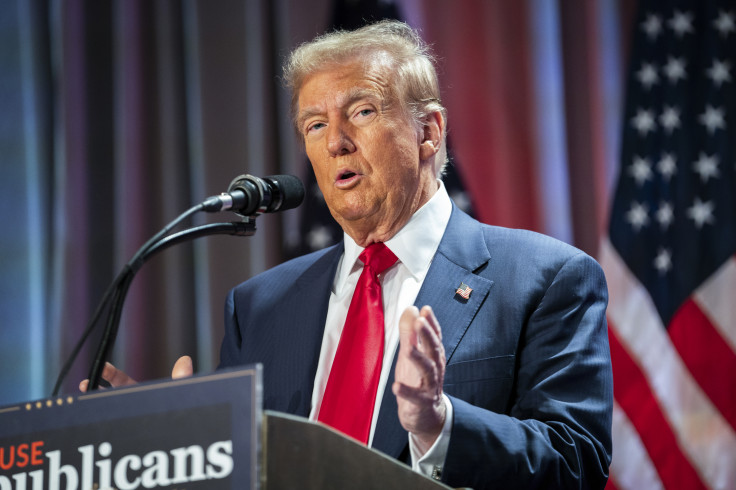
Deferred Action for Childhood Arrivals (DACA) recipients are bracing for a second Trump term, one where he has promised to crack down on immigration and even end the program that has allowed them to legally stay in the U.S. for over a decade. But as the President-elect continues his incendiary rhetoric and controversial plans to curb immigration, states are also preparing to protect their local migrants.
During his first administration, Trump employed measures like separating migrant families from children as a way to decrease immigration. Throughout his campaign for his reelection bid, he continued to promise to deport millions of immigrants if he won the White House.
His crackdown is expected to eventually target DACA recipients. During his time in office, the Trump administration tried to end the program, but the Supreme Court ruled in 2020 that the method it sought to enact violated federal law, despite the administration being able to effectively end the protections.
An estimated 3.6 million Dreamers live in the country, according to Axios. Many of them have lived in the U.S. for decades, calling it home and losing any remote connection they had to their country of origin.
That is the case for Hans Miguel Esguerra, a DACA recipient from the Philippines who hasn't stepped foot in that country for more than two decades.
"I support my family as well financially and in other ways," he told Axios. "It's not just me that I'm preparing for [a potential end to DACA]. It's also going to have a downwind effect with my family and the support I'm able to provide."
But migrants are not the only ones preparing for an immigration, particularly a DACA crackdown. In fact, experts are exploring legal ways in which states can prevent Trump's plan from affecting their local migrants.
The Conversation's Jean Lantz Reisz, a clinical associate professor of law and Co-Director of the USC Immigration Clinic at the University of Southern California says there are several options for the states to block, or at least temporarily halt Trump's mass deportation plans.
"The administration is probably going to have to rely on state and local governments to help carry out these deportations," she said. "The president cannot legally force state and local governments to cooperate with immigration enforcement."
She goes on to explain that about 10 states, including New York, Massachusetts and California, have laws that prohibit cooperation with Immigration and Customs Enforcement, or ICE— the federal agency that oversees immigration and deportation— under certain circumstances.
In California, for example, employers may not allow ICE to enter nonpublic areas of their workplace without a proper warrant. Other states also prohibit law enforcement from sharing the immigration status of certain low-level criminal offenders.
In other words, states cannot prevent the federal government from coming in to arrest and deport people, but they don't have to help them. However, that obstacle becomes almost obsolete in certain states, like Texas and Arizona, which have recently approved laws that require local law enforcement to cooperate with the Department of Homeland Security to enforce immigration law.
But DACA recipients are not the only ones that could be affected by the incoming Trump administration. For instance, he could also end several programs that were expanded by the Biden administration, including the humanitarian parole program, which is temporary permission to remain in the U.S. legally, as well as the Temporary Protected Status program, a law that gives temporary permission to some people to legally stay in the U.S. for up to two years because of an emergency situation in their countries, which he tried to do in his first administration.
© 2024 Latin Times. All rights reserved. Do not reproduce without permission.








